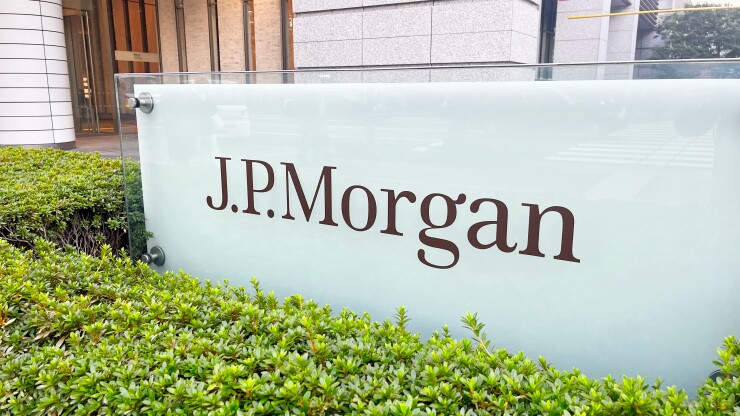The division reported a net income of $1.26 billion, up 3% from a net income of $1.23 billion this time last year.
"The reported performance for the quarter was exceptional and actually represents record revenue and net income," said Chief Financial Officer Jeremy Barnum in an earnings call with analysts Friday. "Or more importantly, after excluding the significant items, the underlying performance continues to be quite strong. And, as always, we remain focused on continuing to execute with discipline,"
Profits across all divisions of the company totaled $18.15 billion, up 25% from last year.
"While market valuations and credit spreads seem to reflect a rather benign economic outlook, we continue to be vigilant about potential tail risks," said CEO Jamie Dimon. "The geopolitical situation remains complex and potentially the most dangerous since World War II — though its outcome and effect on the global economy remain unknown."
Assets under management
Assets under management in the division were $3.7 trillion, up 15% compared to last year. The company said these gains came from "higher market levels and continued net inflows."
The increase comes after
Headcount
The wealth management division gained 519 advisors since last year's second quarter, bringing the total to 5,672 client advisors.
READ MORE:
Just last month,
Asset and wealth management
Net revenue in the asset and wealth management division increased by 6% to $5.25 billion, related to a 13% increase in asset management fees, strong net inflows and high brokerage activity.
Expenses within the division increased by 12% to $3.53 billion, following growth in advisor compensation, private banking advisor teams and legal and distribution fees.
READ MORE:
Remark
With inflation cooling and the Federal Reserve considering lower interest rates, CEO Jamie Dimon asserted in a press release that there is still room for economic conditions to improve.
"There has been some progress bringing inflation down, but there are still multiple inflationary forces in front of us: large fiscal deficits, infrastructure needs, restructuring of trade and remilitarization of the world," said Dimon. "Therefore, inflation and interest rates may stay higher than the market expects."






